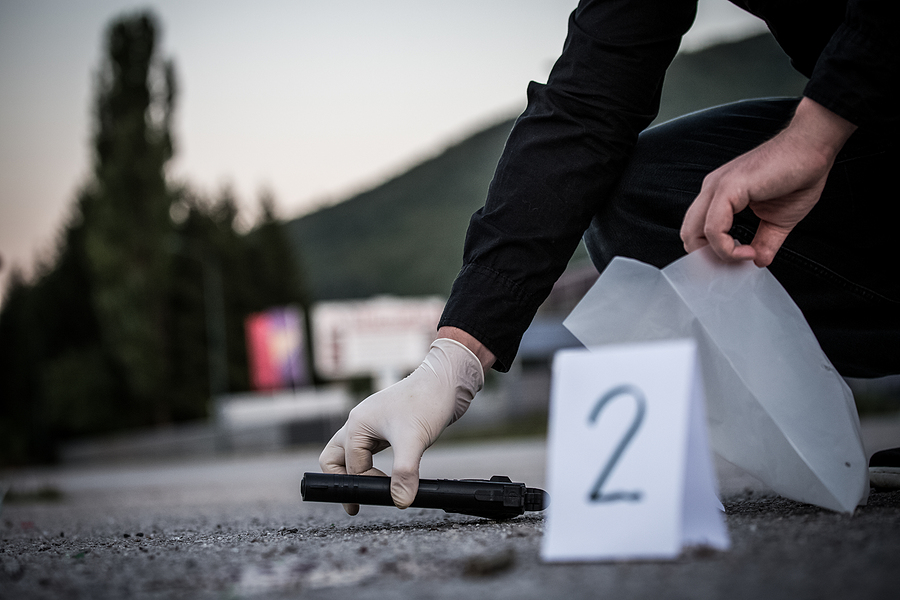Military investigations often evoke images of secrecy, rigid protocol, and intense scrutiny. However, these perceptions are usually fueled by misconceptions and myths that overshadow the reality of the investigative process.
In this article, we aim to demystify five common myths surrounding military investigations. Speak with a military criminal defense lawyer to learn more about military investigations.
Myth 1: Military Investigations Are Always Conclusive
Table of Contents
One prevalent myth is that military investigations always result in clear-cut conclusions. Military investigations are thorough and meticulous processes that prioritize uncovering the truth, regardless of the outcome.
While some investigations may yield conclusive findings, others may lead to inconclusive results or require further inquiry. Factors such as the complexity of the case, available evidence, and cooperation of involved parties influence the investigative outcome.
It’s essential to understand that the primary goal of military investigations is not to confirm preconceived notions but to uncover facts through unbiased inquiry.
Myth 2: Military Investigations Lack Transparency
Another misconception is that military investigations are shrouded in secrecy, with little transparency. While certain aspects of investigations may be classified or restricted due to operational security concerns, the overall process adheres to principles of transparency and accountability.
Military investigators follow established protocols and regulations, ensuring the investigative process is fair, impartial, and conducted with integrity.
Transparency measures such as regular updates to stakeholders and public disclosure of investigation findings help maintain accountability and trust within the military community and the public.
Myth 3: Military Investigators Are Biased
There is a misconception that military investigators are inherently biased toward the military institution or command authority. However, military investigators are trained professionals who adhere to strict ethical standards and impartiality.
Their allegiance lies with the truth, and they conduct investigations with objectivity and integrity, regardless of rank or affiliation. Furthermore, external oversight mechanisms and legal safeguards ensure that investigative processes remain free from undue influence or bias, fostering trust and credibility in the outcomes.
Myth 4: Military Investigations Are Inherently Punitive
Some believe military investigations are primarily punitive, aimed at punishing wrongdoers rather than seeking truth and justice. While accountability is an integral part of the military justice system, the primary objective of investigations is to uncover facts, determine responsibility, and implement corrective measures when necessary.
Military investigators strive to identify systemic issues, address root causes, and implement preventive measures to enhance organizational effectiveness and promote a culture of integrity and accountability.
While disciplinary action may be warranted in some instances, the overarching goal is to facilitate positive change and uphold the values of the military profession.
Myth 5: Military Investigations Are Infallible
Lastly, there is a misconception that military investigations are infallible and immune to errors or biases. Like any human endeavor, military investigations are subject to limitations, challenges, and the potential for mistakes.
However, rigorous training, adherence to established protocols, and oversight mechanisms help mitigate these risks and enhance the reliability and credibility of investigative outcomes. Moreover, continuous learning, feedback mechanisms, and quality assurance processes enable military investigative agencies to improve their practices and uphold the highest standards of professionalism and accuracy.
Wrap Up
Military investigations are complex and multifaceted processes crucial in maintaining accountability, upholding justice, and fostering trust within the military community and society. By dispelling myths and misconceptions surrounding military investigations, we can promote a better understanding of the investigative process and reaffirm our commitment to transparency, integrity, and justice in the pursuit of truth.
To sum up, clarifying misunderstandings about military investigations is essential for enhancing comprehension of the process. By recognizing that these investigations emphasize uncovering truth through unbiased inquiry, we underscore our commitment to transparency, integrity, and justice. While ensuring accountability remains significant, the broader objective is to instigate positive transformations, tackle systemic challenges, and uphold the principles of the military. Through continual learning and strict adherence to standards, military investigative bodies strive to refine their methodologies and uphold professionalism and precision.
Image Source: BigStockPhoto.com (Licensed)
Related Categories: Legal, Reviews








